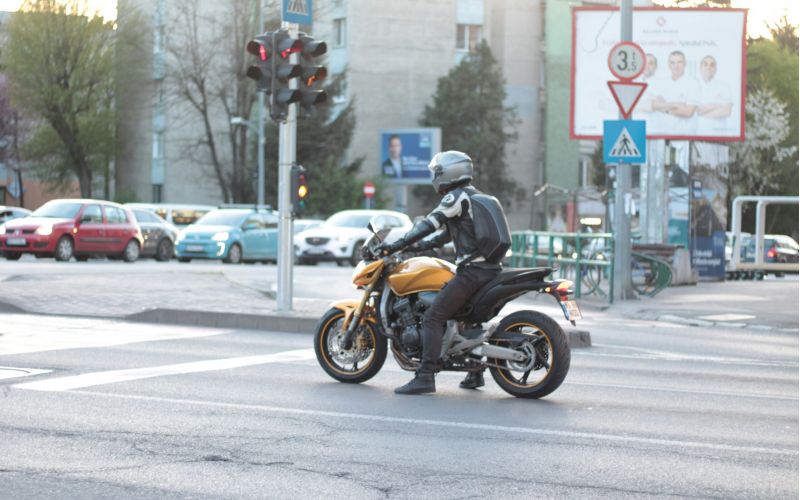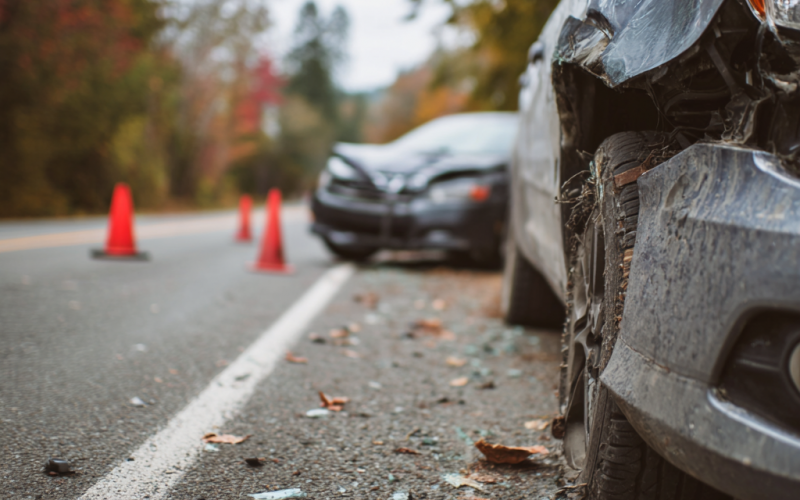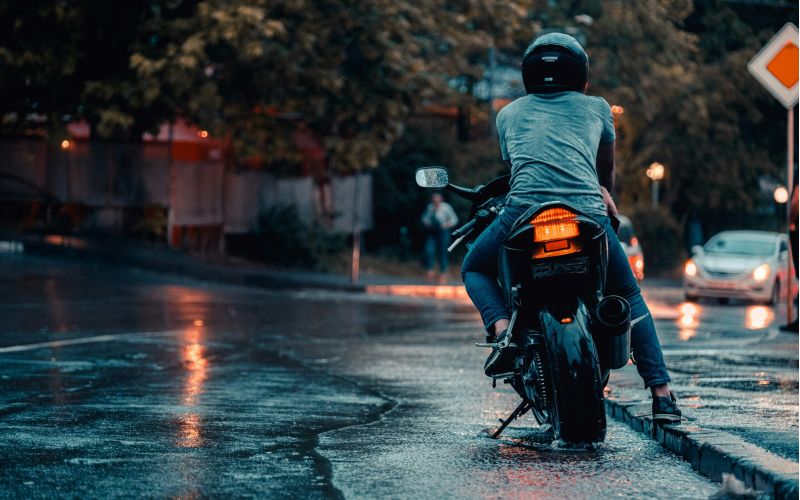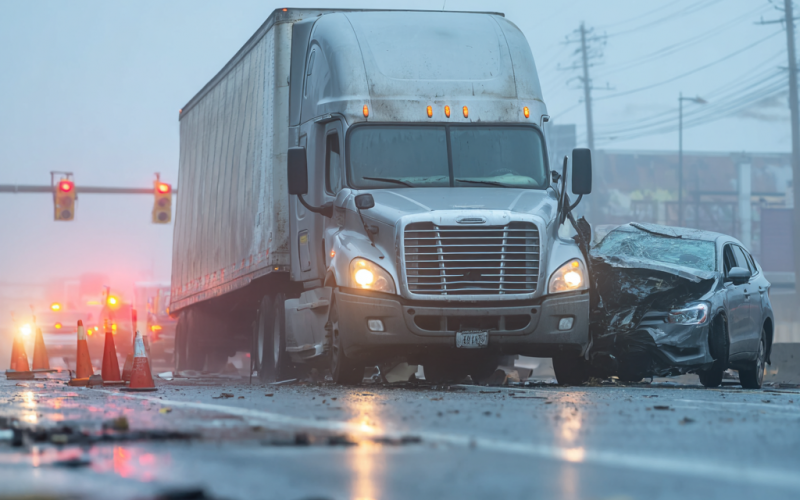Can Police Write Tickets in a Car Accident?
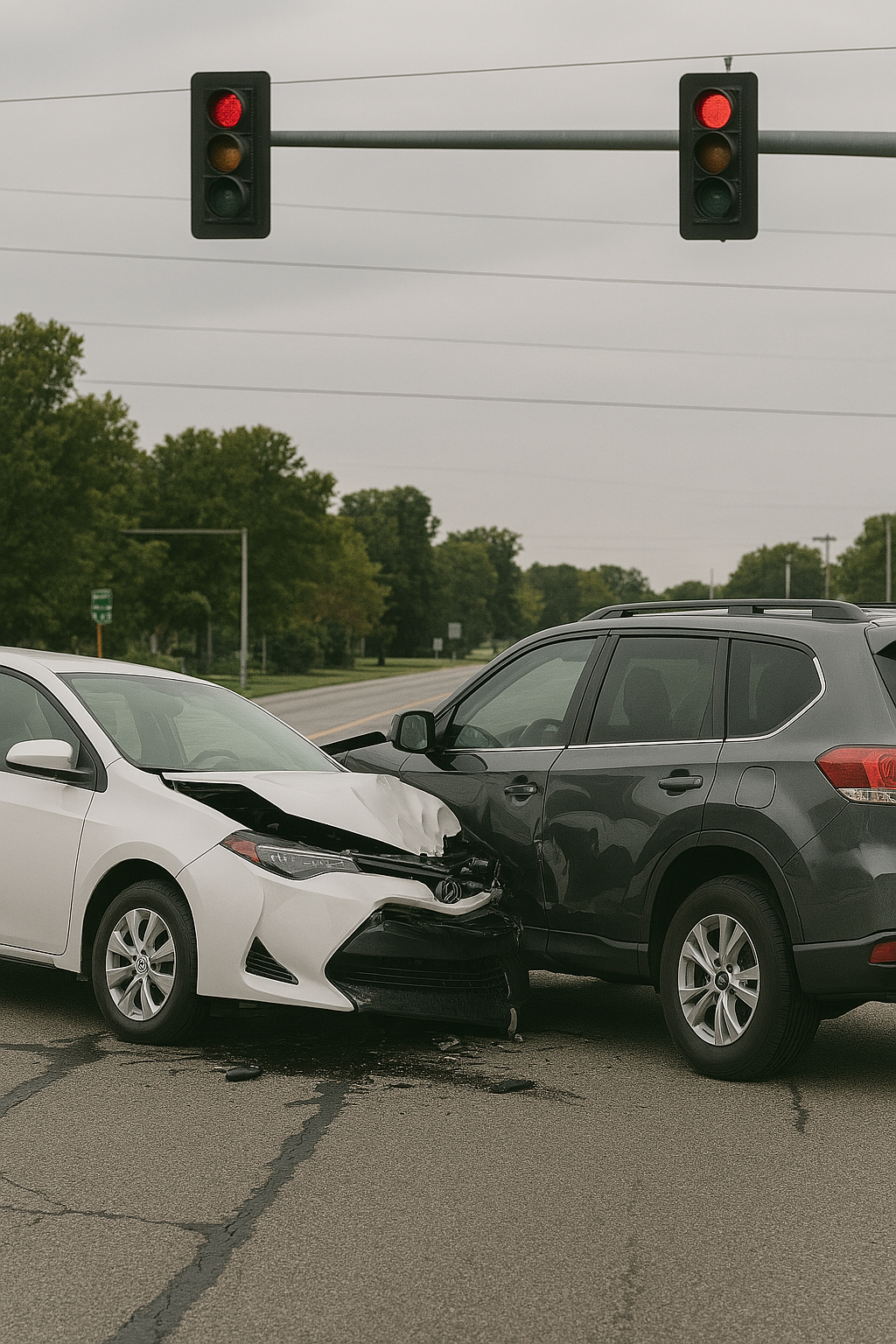


Key Takeaways
- Drivers in South Carolina can receive tickets after an accident for offenses like DUI, speeding, reckless driving, or driving without insurance.
- Traffic tickets can support your injury claim but are not required to pursue compensation. A dismissed ticket does not stop you from filing a civil case.
- Passengers can also bring injury claims, even if the driver of their own vehicle was cited for causing the crash.
A traffic ticket doesn’t determine the outcome of your injury case — but it can impact it. Whether a citation was issued or not, HawkLaw’s South Carolina car accident lawyers can help you build a strong claim for compensation. Reach out today for your free consultation*.
After a car accident, many drivers are understandably concerned that their insurance rates might go up or they might not get fair compensation for their injuries or damage to their car. But depending on the circumstances of the case, the police can write tickets at the scene of the car accident – and you may end up with one yourself. Whether you’re facing a ticket or not, you want to call a South Carolina car accident lawyer as soon as possible. It could mean the difference between recovering compensation, or finding yourself with hefty bills you have to pay out-of-pocket.
What Are the Most Common Tickets in Car Accidents?
The common tickets that might be issued by police after a car accident in South Carolina include:
- Driving Under the Influence: In South Carolina, police can arrest someone for drunk driving if they suspect the driver of being impaired. Because our cops don’t use roadside breath tests, this arrest will be based on the result of the field sobriety tests. The responding officer may end up issuing a ticket after an arrest.
- Speeding: Speeding is one the most common causes of accidents. If there is evidence that a driver was speeding prior to the accident, they can be issued a speeding ticket.
- Reckless Driving: Someone who drives their car with a “wilful or wanton disregard for the safety of persons or property” can be charged with reckless driving, a misdemeanor crime.
- Texting While Driving: If a driver was texting and driving and an accident resulted from their reckless behavior, they may be issued a ticket for it.
- Driving With a Suspended License: One of the first things that a police officer asks for following a ticket is the driver’s license of all drivers involved. If one of the drivers fails to produce their license, they may be issued a ticket.
- Driving Without Insurance: Having valid proof of insurance is a legal responsibility of all drivers. If a person is driving without insurance when an accident occurs, they will likely face both liability in a civil suit and criminal charges for breaking the law.
- Failure to Yield: In many cases, there may be evidence of a driver’s failure to yield and causing an accident as a result. If this happens, they may receive a ticket in addition to liability for their actions.
Can Police in SC Write Tickets If You Don’t Stop Your Car After a Crash?
Absolutely. Regardless of the seriousness of the accident, if two cars collide, both drivers are expected to stop. If Driver A hits Driver B while Driver B was not in motion, Driver A is expected to stop. If they fail to do this, they will most likely be charged with a hit and run, which can be a felony in South Carolina if there are any serious injuries resulting from the crash.
If you crash your car and no other drivers or pedestrians are involved, you may be able to avoid interaction with police if the accident does not result in injuries or significant damage to your own vehicle. However, if you intend to file an insurance claim later, you must call the police to inspect the crash site. If your vehicle has sustained over $1,000 in damage, you’ll also need to notify the South Carolina DMV within 15 days.
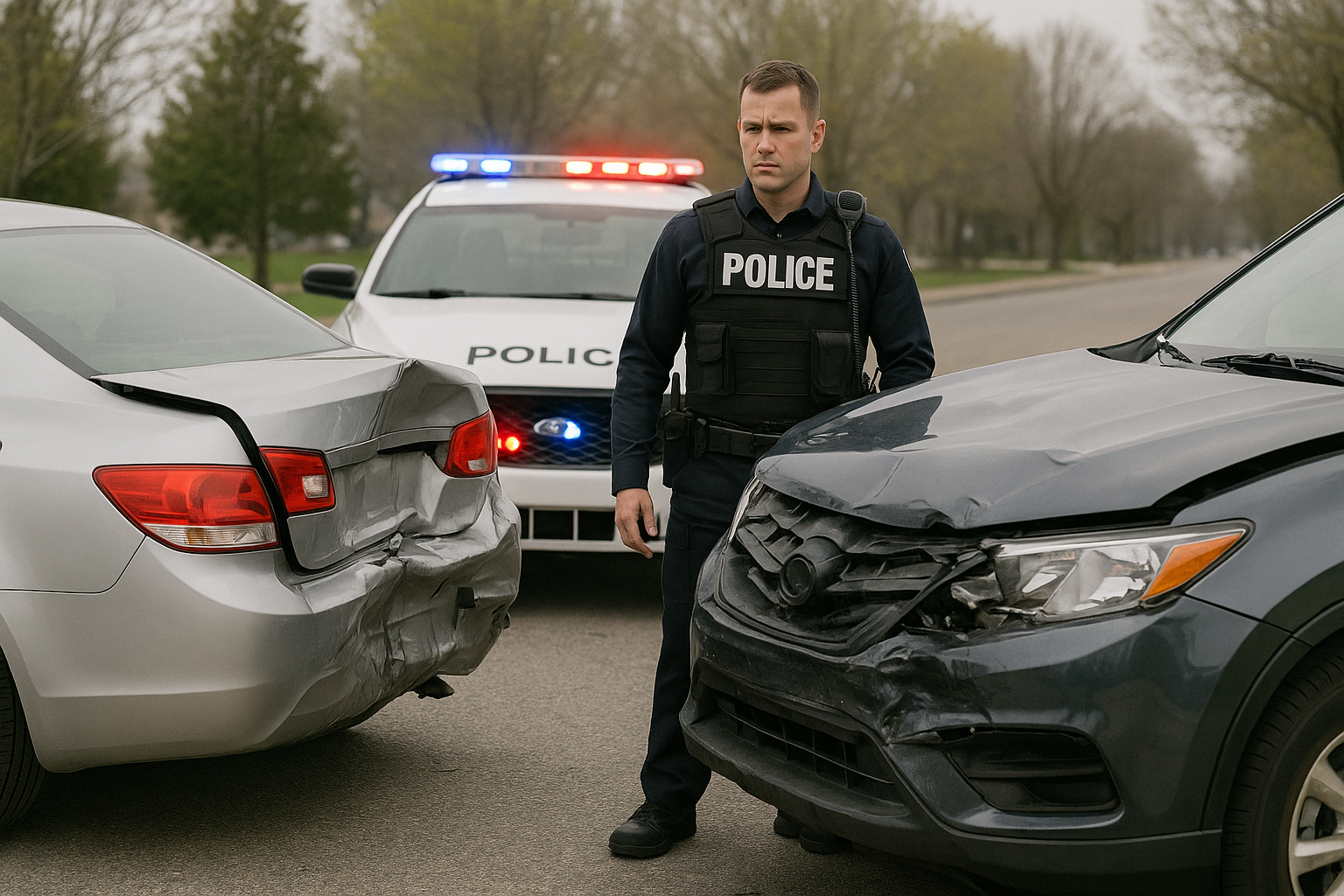
Can a Driver Get a Ticket in SC If Someone Is Injured?
Yes, and in fact, if reckless driving was determined to be the cause of the accident, the penalty for the crime can be compounded by the seriousness of the resulting injuries. For example, in South Carolina, if a drunk driving accident results in “great bodily harm,” the responsible driver will face a mandatory penalty of $5,100 to $10,100 and potentially between 30 days and 15 years imprisonment.
Can a Driver Get a Ticket If a Car Accident Is Fatal?
There are numerous citations that a driver may face if law enforcement determines that they cause the death of another driver or pedestrian including vehicular manslaughter, or aggravated charges related to the crime, whether it was drunk driving, reckless driving, or distracted driving.
Can a Traffic Ticket Be Used as Evidence in a Car Accident Claim?
Yes, a ticket can be used as evidence to support your claim that another driver was negligent. This is especially so if the traffic violation that they were charged with had a direct influence on the accident taking place. While building your case, one of our South Carolina car accident lawyers will look at traffic records to see if the other driver was ticketed. While the ticket alone may be able to be used as evidence, if the other driver is convicted of the charge, the likelihood of a reasonable settlement is greater.
Traffic Tickets vs. Police Reports
Traffic tickets are valuable for pointing to fault in a car accident case, but if a police report points to one driver being more at fault than the other, this can be an even greater resource. While tickets typically give some insight such as the crime committed, as well as the name of the driver, vehicle, date, and time, the police report is often much more comprehensive and can offer more details such as weather conditions, skid marks, description of the damage and injuries, witness testimony, and many other important factors in your case.
Can I Still Bring a Car Crash Claim If No Ticket Was Issued?
Of course. While it can be easier to make a case for the other driver’s liability if they were charged with a traffic violation in connection with your case, there are many other pieces of evidence our firm can collect to support your case such as witness statements, expert testimony, medical records, traffic reports, and photo or video evidence. Our experienced team of car crash attorneys can help.
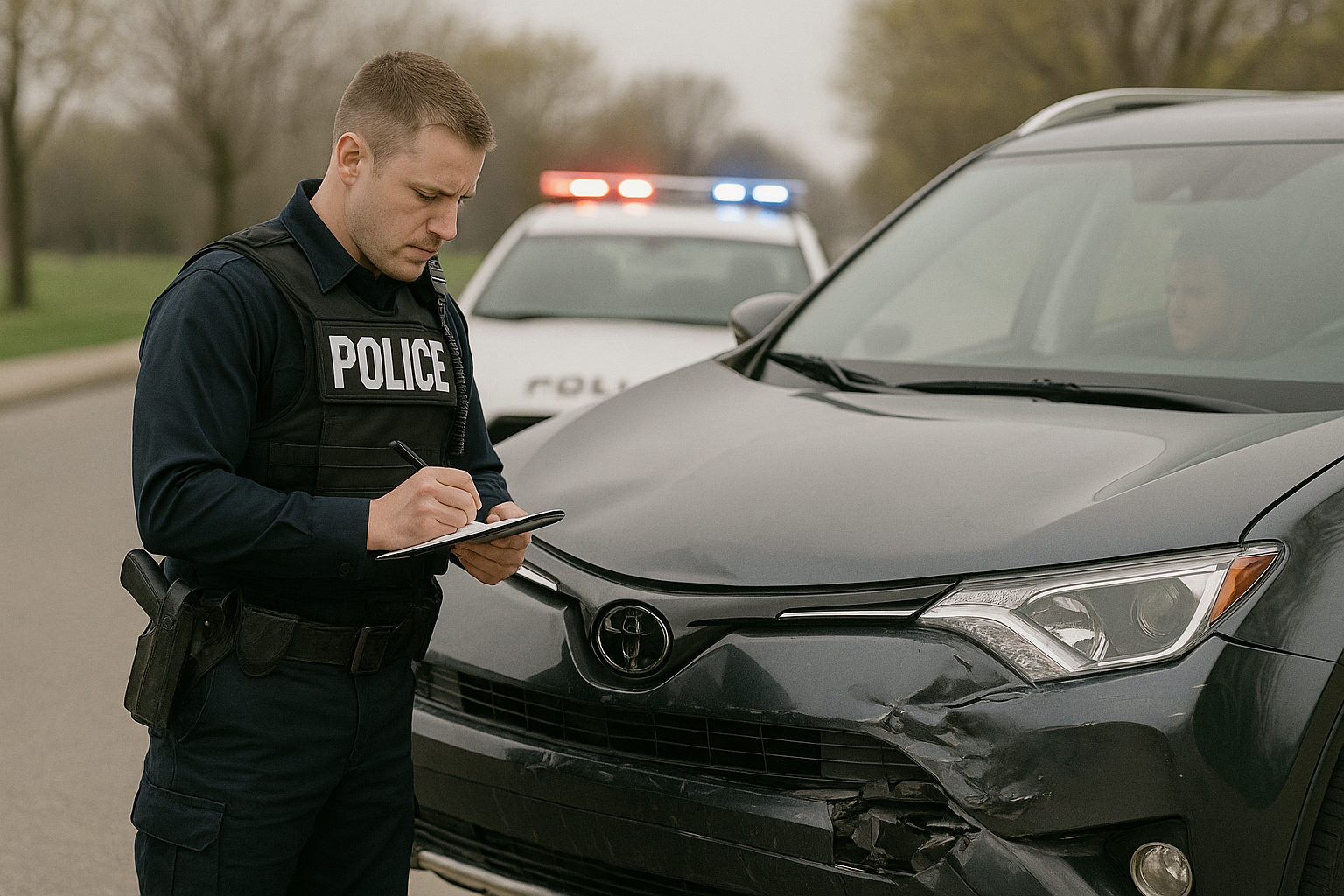
If a Traffic Ticket Is Dismissed, Does My SC Car Accident Lawsuit Get Dismissed, Too?
No. Criminal cases are handled by a separate court and process than personal injury cases. If there are criminal charges brought against a driver in a car accident case, they will be addressed by the Municipal court, Magistrate court, or in more severe cases, the General Sessions Court, all of which handle traffic or criminal violations. However, when a person files a car accident suit against a negligent driver for causing them injury or damage to their vehicle, it will be handled by the circuit court which handles personal injury lawsuits.
If a person is found not guilty in their traffic ticket case or the charge is dismissed, they can still be held responsible for any negligence that may have caused someone to get hurt or damage to their property. What’s more is that in civil cases, the burden of proving liability is much less than proving guilt in a criminal case.
If I Was Injured as a Passenger and My Driver Got a Ticket, Can I Still Bring an Injury Claim?
A person who is charged with a traffic violation can still be sued for damages by any potential victims of their actions. This includes passengers in their car at the time of the accident, other drivers, or pedestrians. For example, if a driver hits a guard rail and their passenger breaks a bone or sustains a spinal injury as a result, they can sue the driver whether they are charged with reckless driving or not.
Do You Have a South Carolina Car Accident Lawyer Near Me?
HawkLaw maintains offices in Anderson, Charleston, Columbia, Greenville, and Spartanburg, and proudly serves clients all over South Carolina. If you are too ill or injured to travel, we can schedule a free* video or phone consultation.
Contact HawkLaw for Help After a Car Crash in SC
Injured in a wreck? You don’t have to be alone. The South Carolina car accident lawyers of HawkLaw have spent decades representing folks just like you. When you’re ready to fight, we’ll be here. Contact HawkLaw for a free consultation* today to learn how we can help.
John D. Hawkins
John Hawkins is the Founder and CEO of HawkLaw He has been licensed to practice law in South Carolina since his graduation with honors in 1994 from the University of South Carolina School of Law, where he was on the Law Review and Order of Wig and Robe.
-
$3,000,000*
Trucking Accident Settlement
-
$1,005,000*
Car Accident Settlement
-
$575,000*
Personal Injury Settlement
"*" indicates required fields







